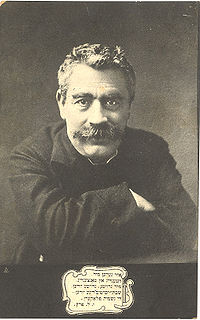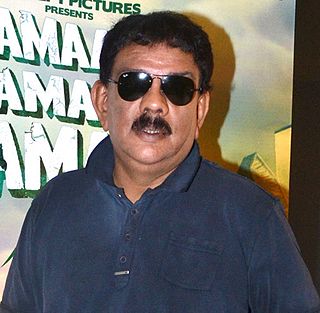A Quote by Julianna Baggott
The poem has to bear the weight with image, language... the screenplay with dialogue, plot.
Related Quotes
I need geometry to set the grammar of the image expressive language . The structural skeleton, the composition and the geometric layout provide a perspective from which one can read the image; otherwise we would do what Dadaists did when they put words in a little bag and then took them out at random in order to compose a poem.
We believe we can also show that words do not have exactly the same psychic "weight" depending on whether they belong to the language of reverie or to the language of daylight life-to rested language or language under surveillance-to the language of natural poetry or to the language hammered out by authoritarian prosodies.
A poem, being an instance of language, hence essentially dialogue, may be a letter in a bottle thrown out to the sea with the-surely not always strong-hope that it may somehow wash up somewhere, perhaps on the shoreline of the heart. In this way, too, poems are en route: they are headed towards. Toward what? Toward something open, inhabitable, an approachable you, perhaps, an approachable reality. Such realities are, I think, at stake in a poem.
Yiddish, the language which will ever bear witness to the violence and murder inflicted on us, bear the marks of our expulsions from land to land, the language which absorbed the wails of the fathers, the laments of the generations, the poison and bitterness of history, the language whose precious jewels are the undried, uncongealed Jewish tears.
Taking a comic strip character is very hard to write. Because comics are meant to work in one page, to work in frames with minimalistic dialogue. And a lot of it is left to the imagination of the reader. To do that in film, you've got to be a little more explanatory. And that requires a good screenplay and good dialogue.
I hate it when I'm reading a comic, and the dialogue looks like stickers stuck on top to explain what's going on. For me the best is when your eye goes in a certain point and moves through the composition and then springs out on the dialogue, or gets confused in the image and then goes to the dialogue for an explanation.
The 'idea' for the poem, which may come as an image thrown against memory, as a sound of words that sets off a traveling of sound and meaning, as a curve of emotion (a form) plotted by certain crises of events or image or sound, or as a title which evokes a sense of inner relations; this is the first 'surfacing' of the poem. Then a period of stillness may follow.






































